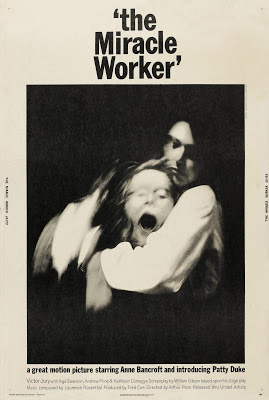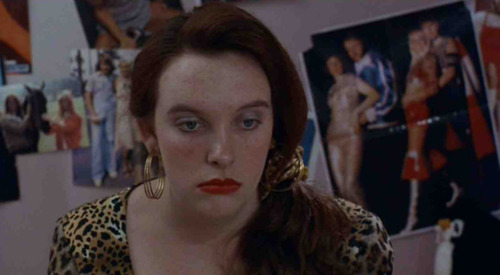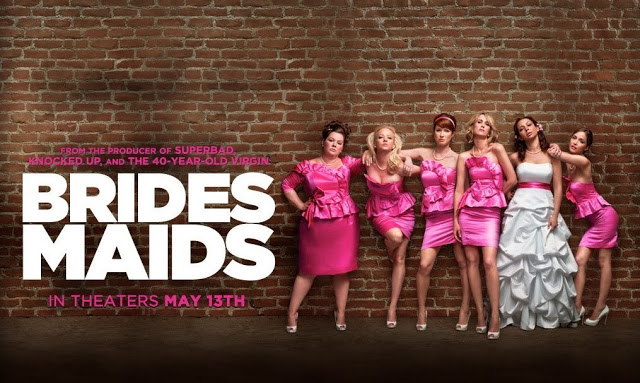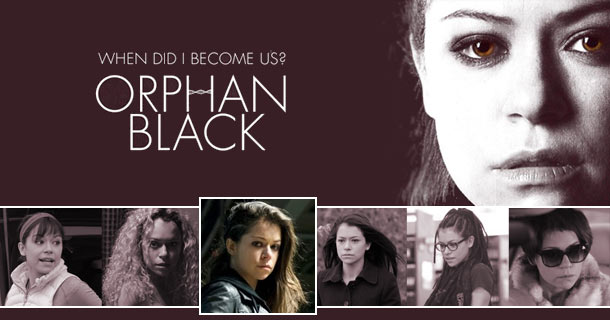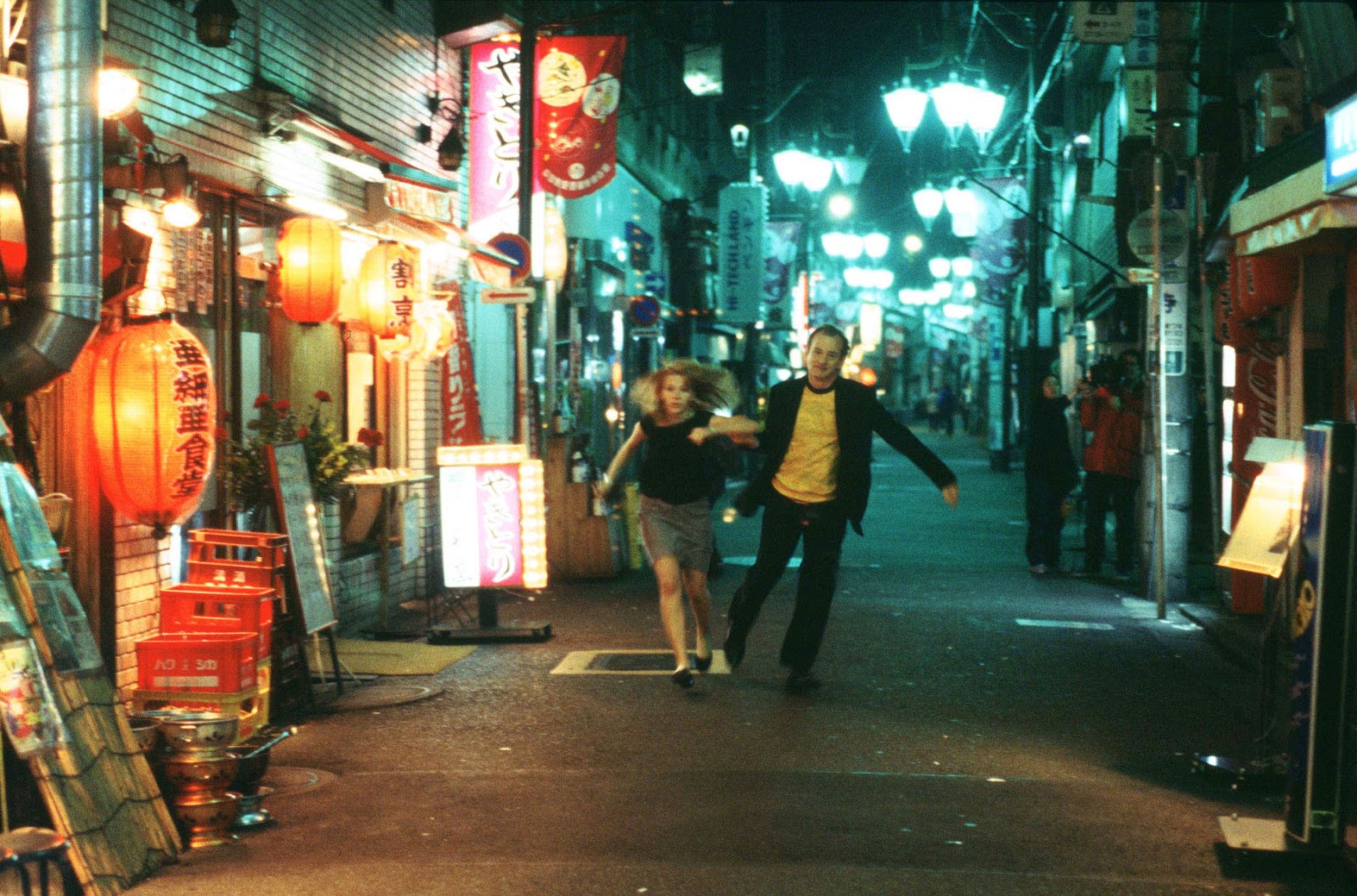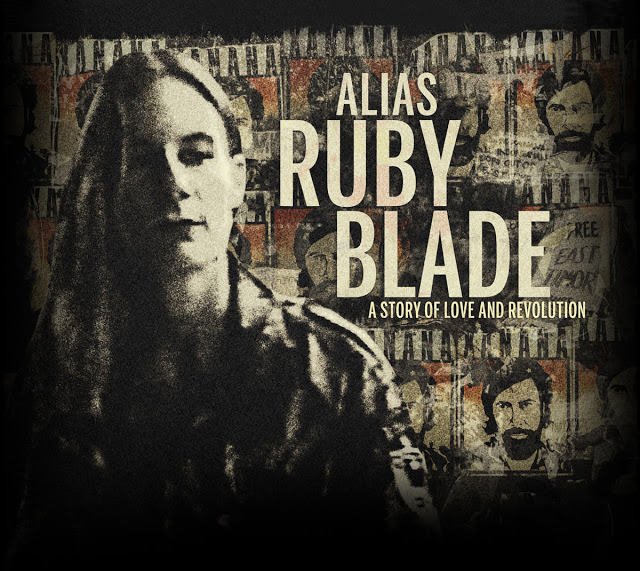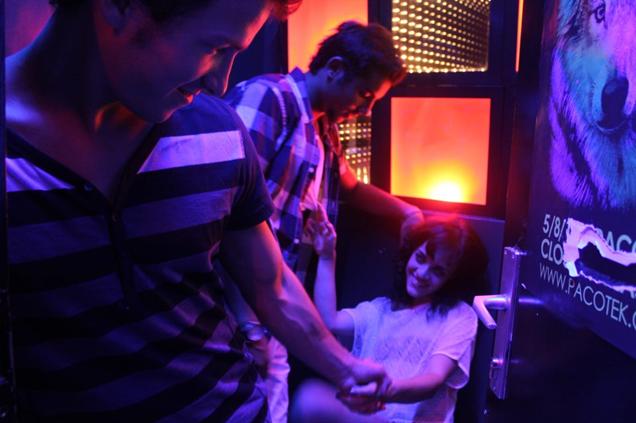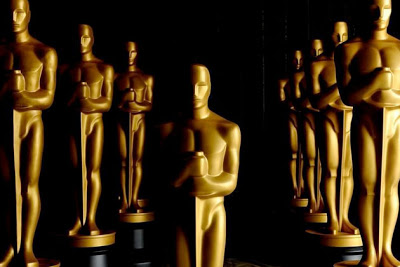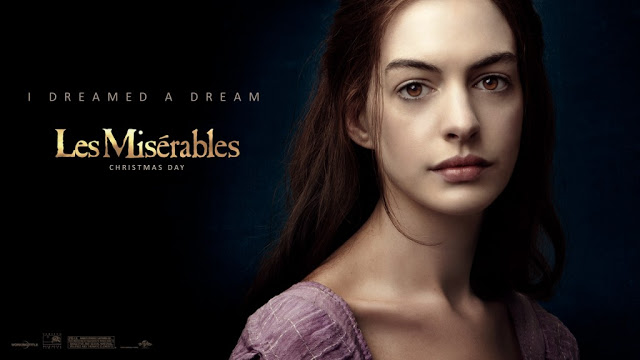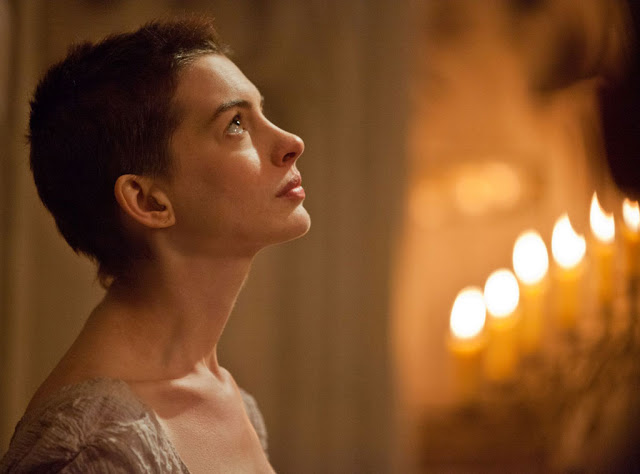Disabilities Week: One Woman Holds The Breakthrough Key In ‘The Miracle Worker’
The Miracle Worker film poster. Written by Janyce Denise Glasper The Miracle Worker summarizes the turbulent beginnings of one of the most remarkably profound relationships in history–Anne Sullivan and her pupil/mentee Helen Keller. Various films have been made about this duo, but nothing quite compares to the original 1962 adaptation of William Gibson’s stage play. … Continue reading “Disabilities Week: One Woman Holds The Breakthrough Key In ‘The Miracle Worker’”
